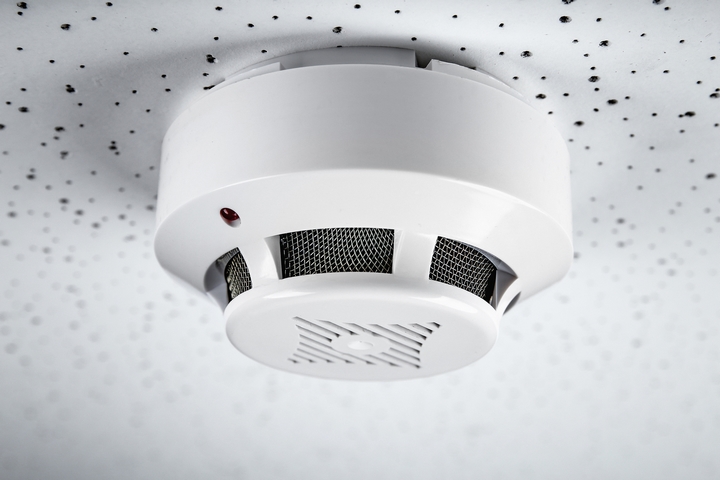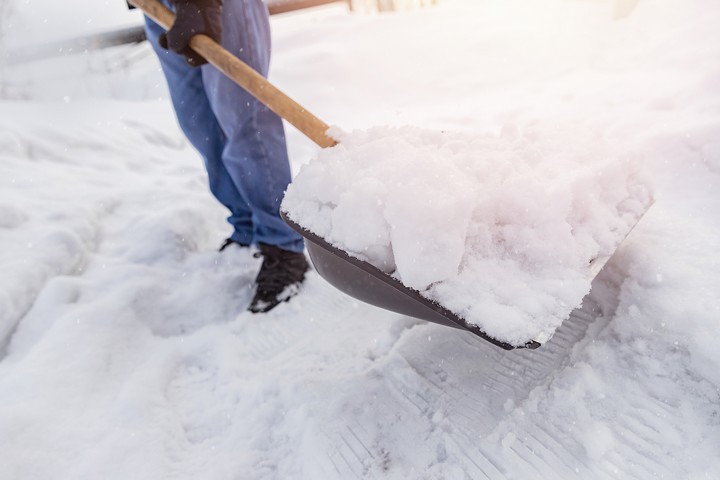Several devices and appliances will be within your home to make the space more efficient. From your washing machine to your kitchen sink, all of the machinery in your home needs to be in good standing. However, this may not always be the case since most devices are not invulnerable.
Take your typical smoke detector, which has the primary function of detecting the presence of smoke in the home. At the slightest detection of smoke, the device will go off to alert you of a potential fire building up in the home. In some cases, this may just be an unwarranted false alarm. These are the reasons why that may be the case.
Let’s find out why would a smoke detector go off for no reason:
1. Smoke Detector Battery
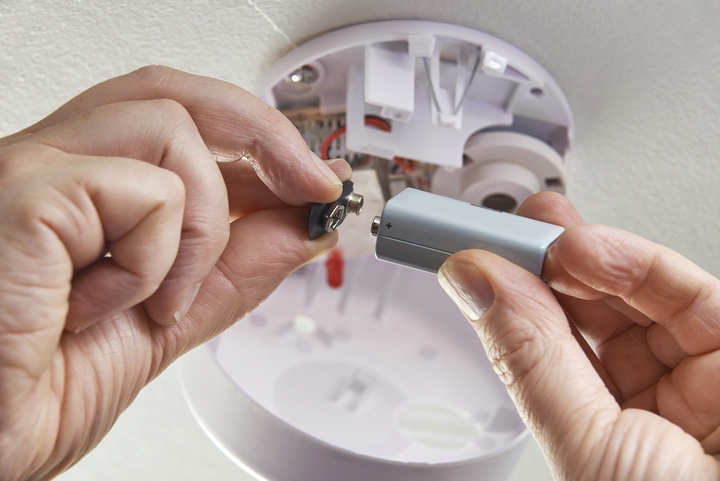
Firstly, smoke detectors from quality manufacturers like Aartech Canada are built to last for an extended time. There will seldom be a time when you need to replace the device since they are designed for longevity. The battery makes this device tick, and it will need to be changed at some point down the line.
Not all batteries were built with invulnerability in mind, unfortunately. A low or faulty battery could force your smoke detector to start beeping for no important reason. Always be sure to take the time at some point to check the detector’s battery. This will ensure it is good to go for the subsequent weeks.
2. Steam Presence
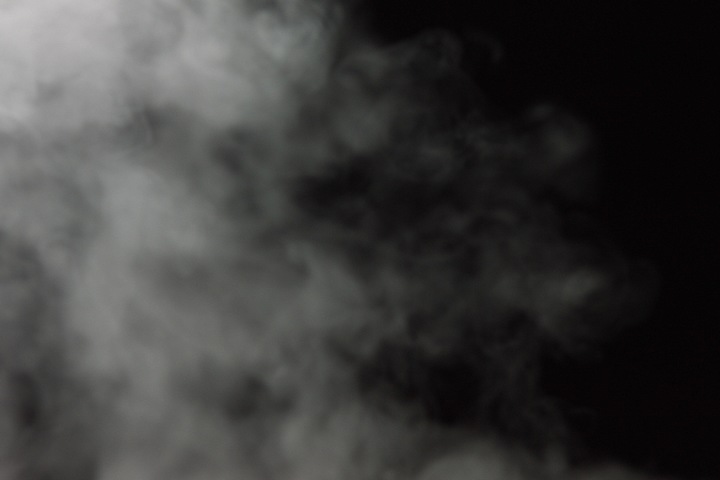
For a good reason, most of us will think about detecting smoke as a sign that the detector is working. While this is valid, your smoke alarm may also function due to the presence of other types of vapour. For example, high amounts of steam may force the device to start working.
You may have a nearby bathroom, which allows the steam to dissipate to where the device is located. Ensure that these rooms can effectively be blocked off so that the alarm is not tripped accidentally. High humidity may also be a factor to be aware of, so ensure that the room can be cordoned away from the alarm.
3. Cooking Your Food
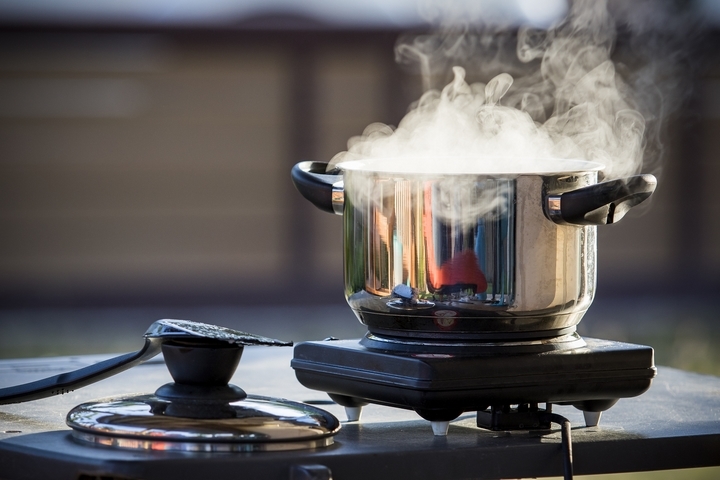
One of the mainstay reasons for smoke detectors to sound off is the presence of explosive elements. The food you cook in your kitchen is exemplary, as there is a high potential for smoke to arise. Once this occurs, your smoke detector will inevitably begin beeping.
This does not have to be a concern since you keep things under control within the area. Ensure that it is not immediately close to your cooking location regarding the smoke alarm itself. Otherwise, it may start sounding off every time you use your stove or oven. Be aware of the alarm’s placement to stay on the safe side of things.
4. Dust Buildup
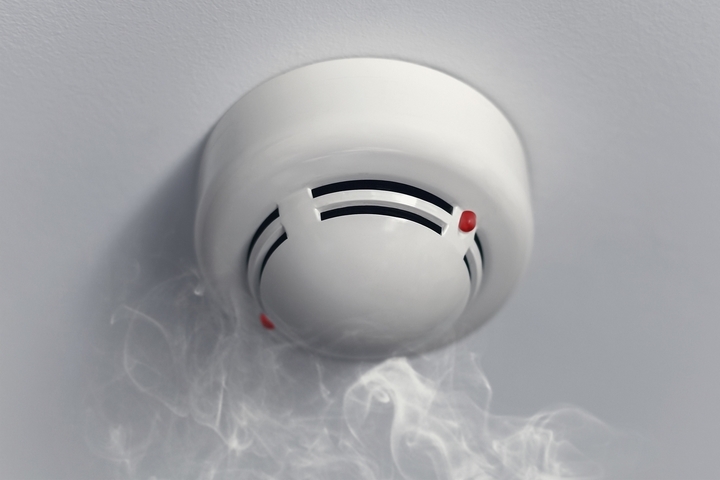
The accumulation of dust and other types of debris within your smoke detector is all but inevitable. Sometimes, dust will increase inside even with the alarm working at its peak. Should this occur on a larger scale, it may force the alarm to trip for no apparent reason. Now and again, inspect the device and clean the inside parts out!
5. Chemicals
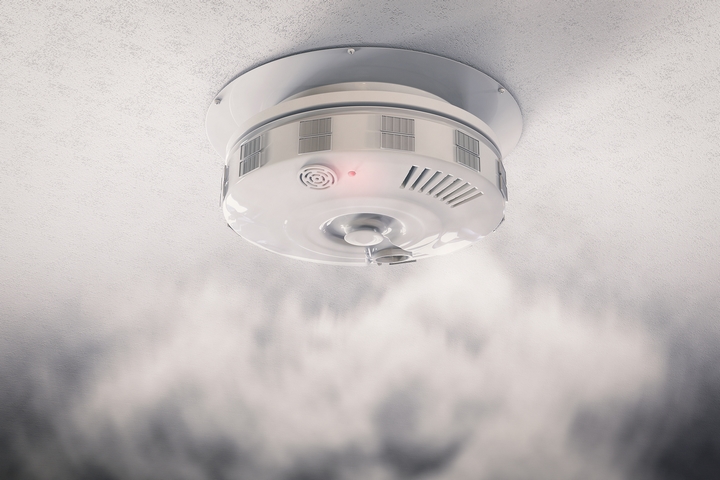
For most individuals who have a smoke detector installed, you may be surprised to find that chemicals could affect it. Most modern alarms are sensitive to strong-smelling chemicals. These chemicals could remain in the air for long amounts of time. If you work in a specific cleaning area, ensure the smoke detector is installed in a faraway, safe space.
6. Insects
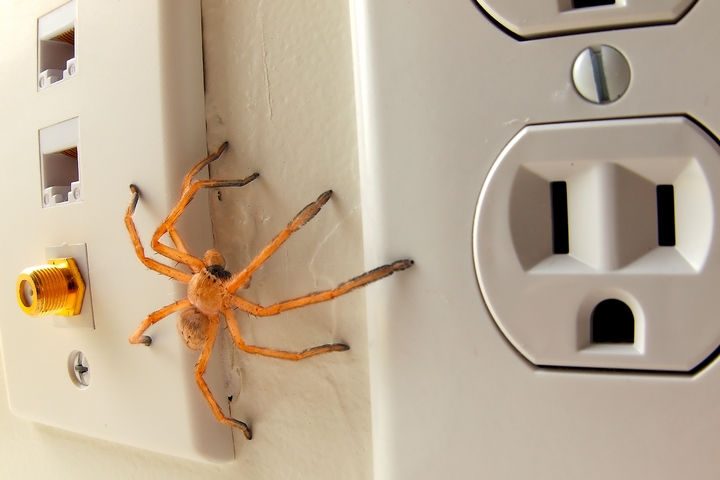
In some rather unorthodox situations, you may find small bugs have invaded your smoke detector. These pesky little insects have gone out of their way to make your device their new home. If they can infiltrate the smoke detector’s interior, the alarm will surely trip at some point.
Should this happen to you consistently, you will need to clean it out as much as possible. If you leave it alone, the insects inside could damage the wiring and make the detector inoperable.
7. Smoke Detector Sensitivity
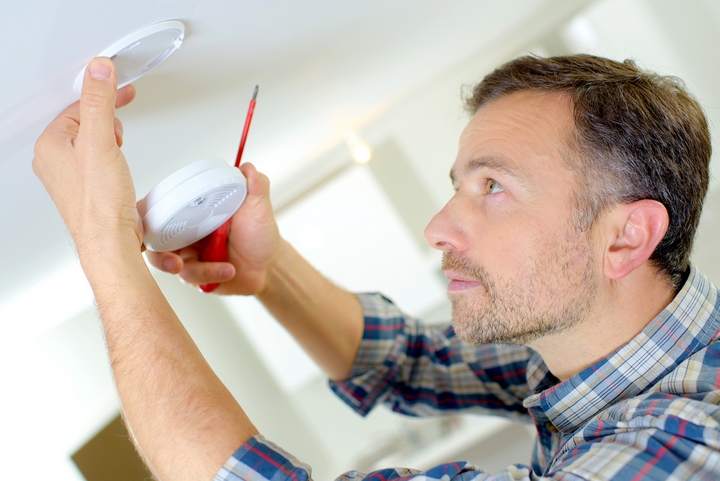
To have your smoke alarm working at its most optimal, you should take the time to adjust the sensitivity. Some detectors work beyond what is needed, creating a dire situation.
Read the instructions to discover the methods used to adjust its sensitivity. A professional technician could be called to help formulate a test in some cases. Ensure that this test is done with all detectors inside your home. After all, you are always better safe than sorry, especially when working smoke detectors!

